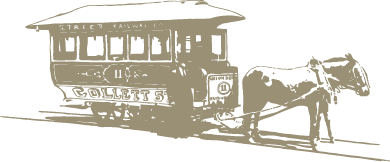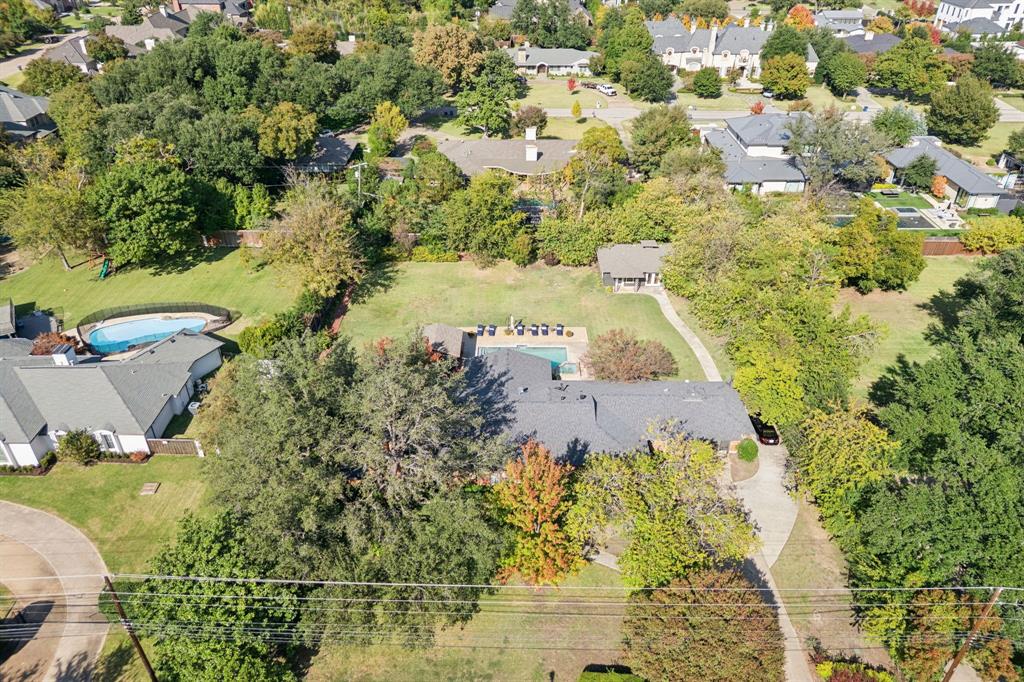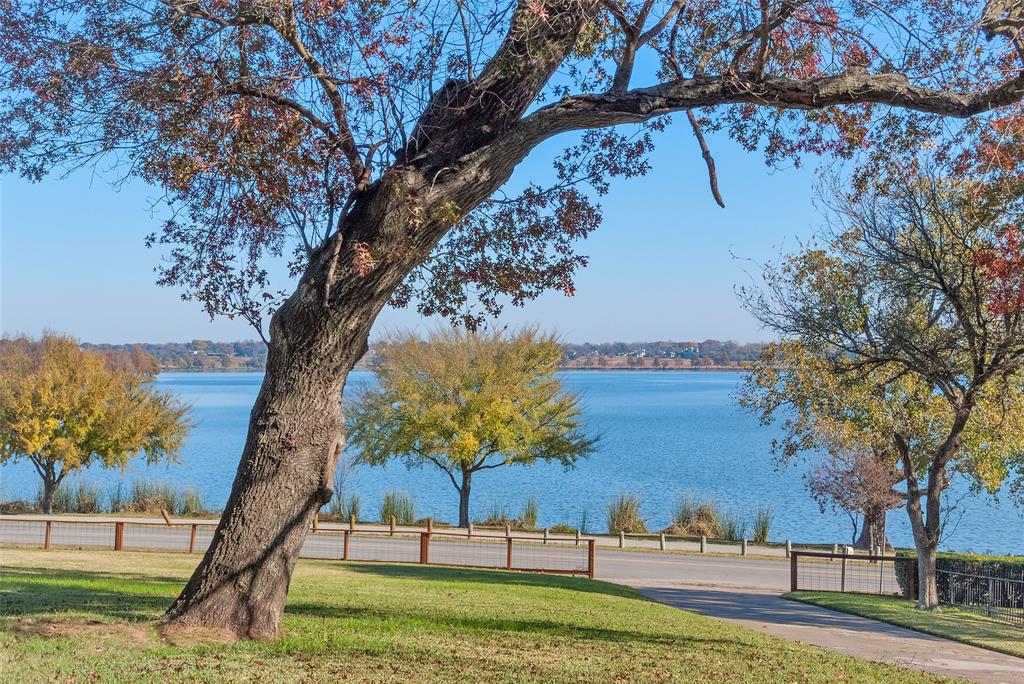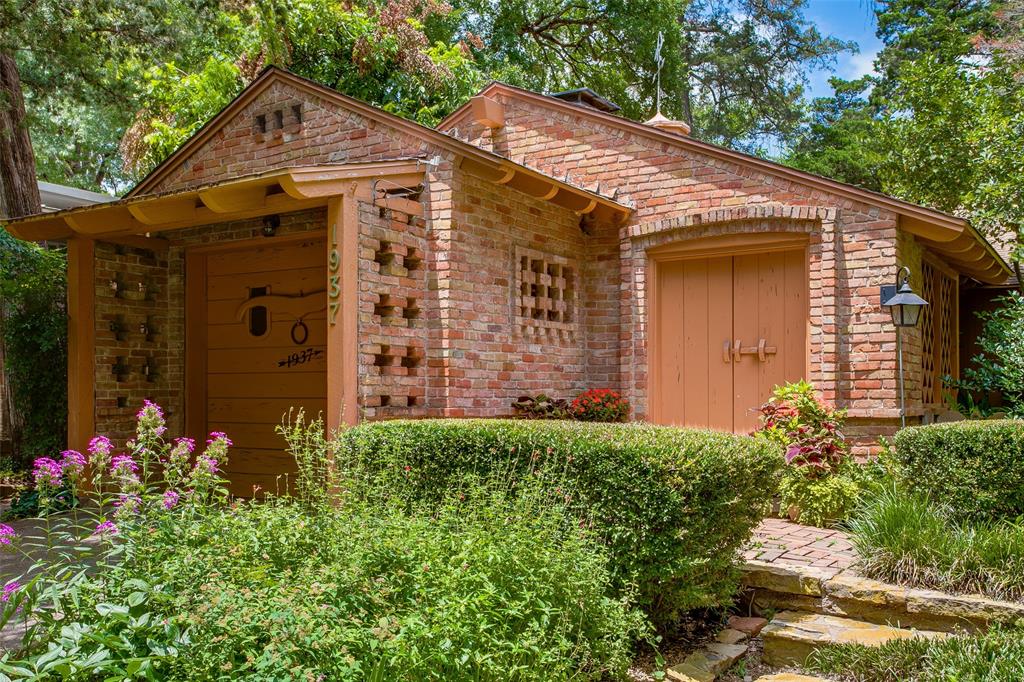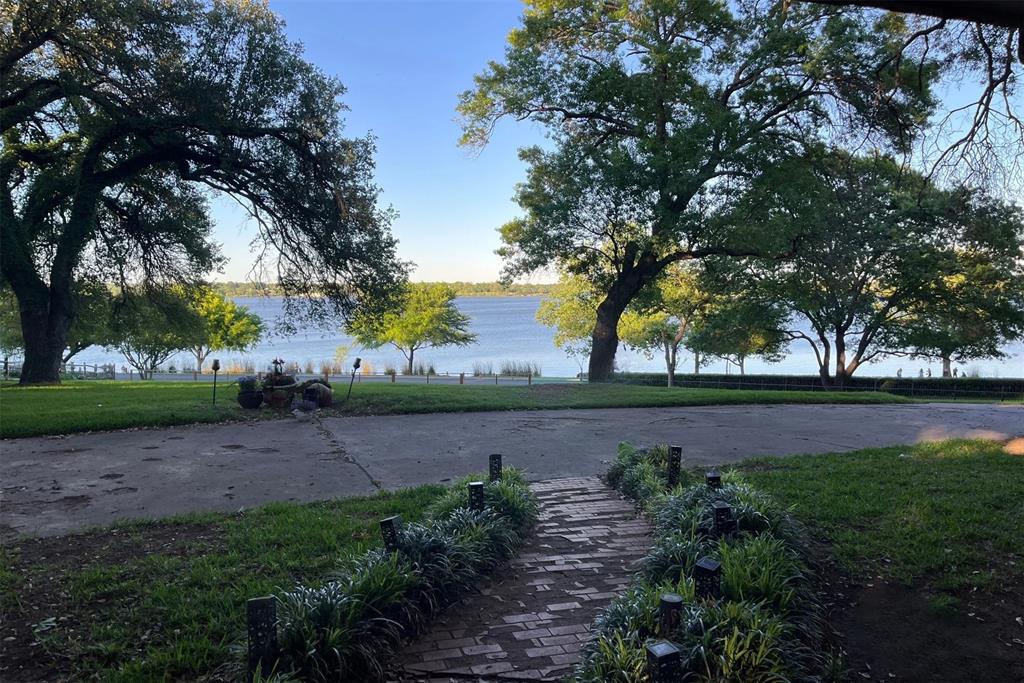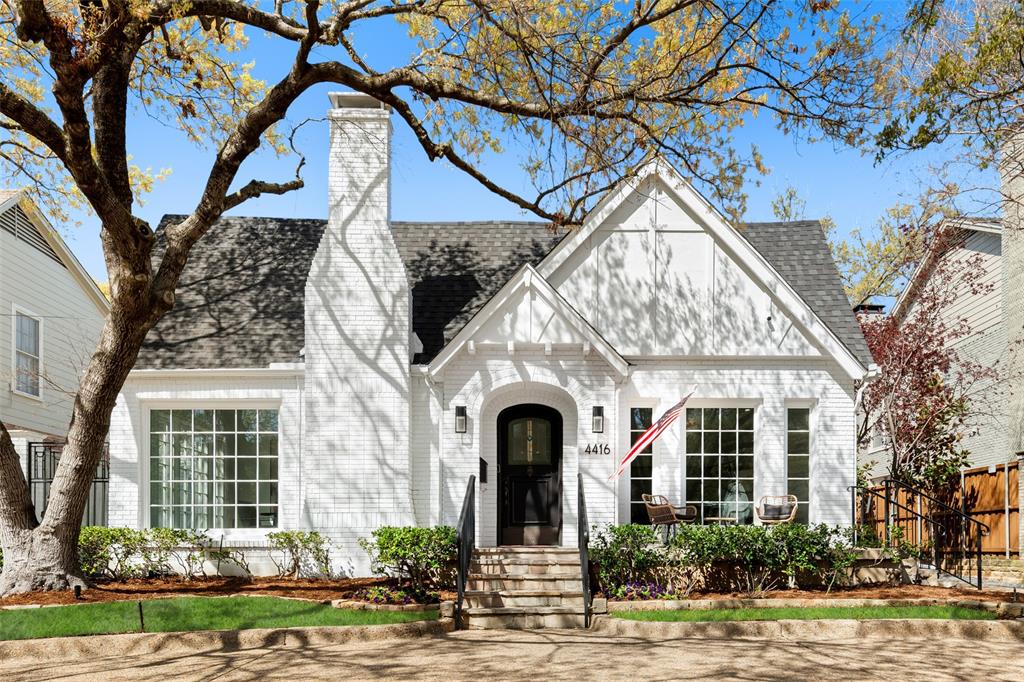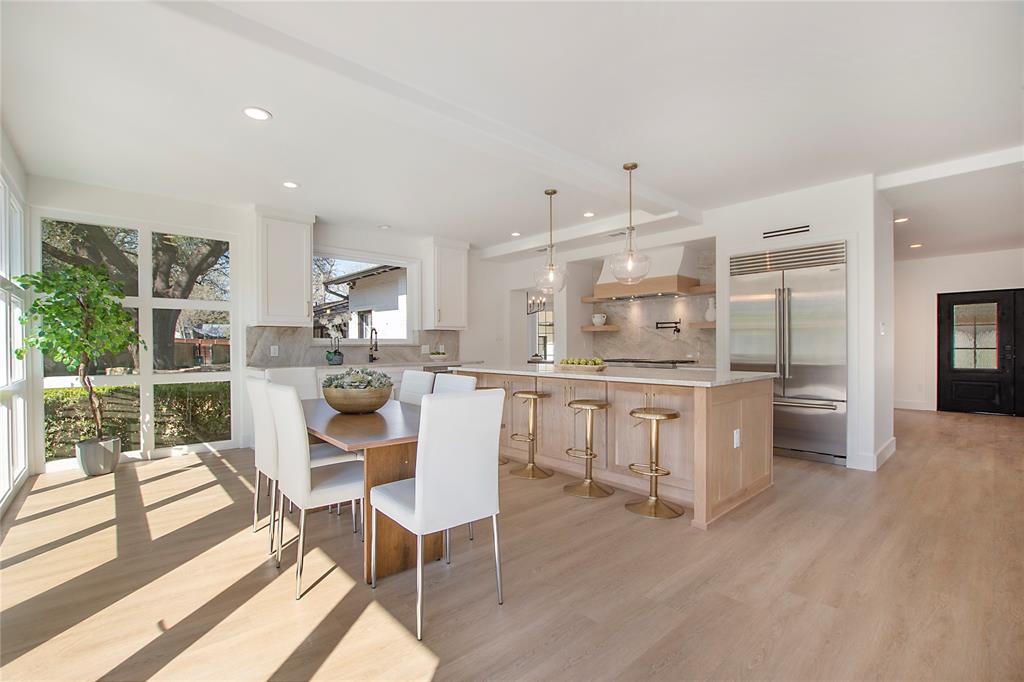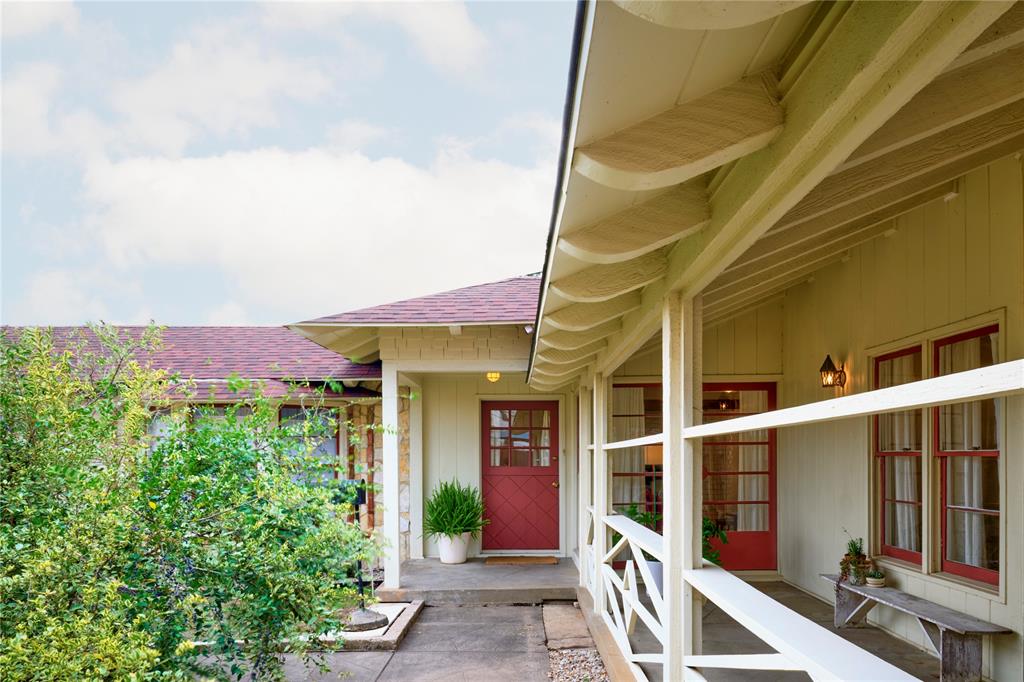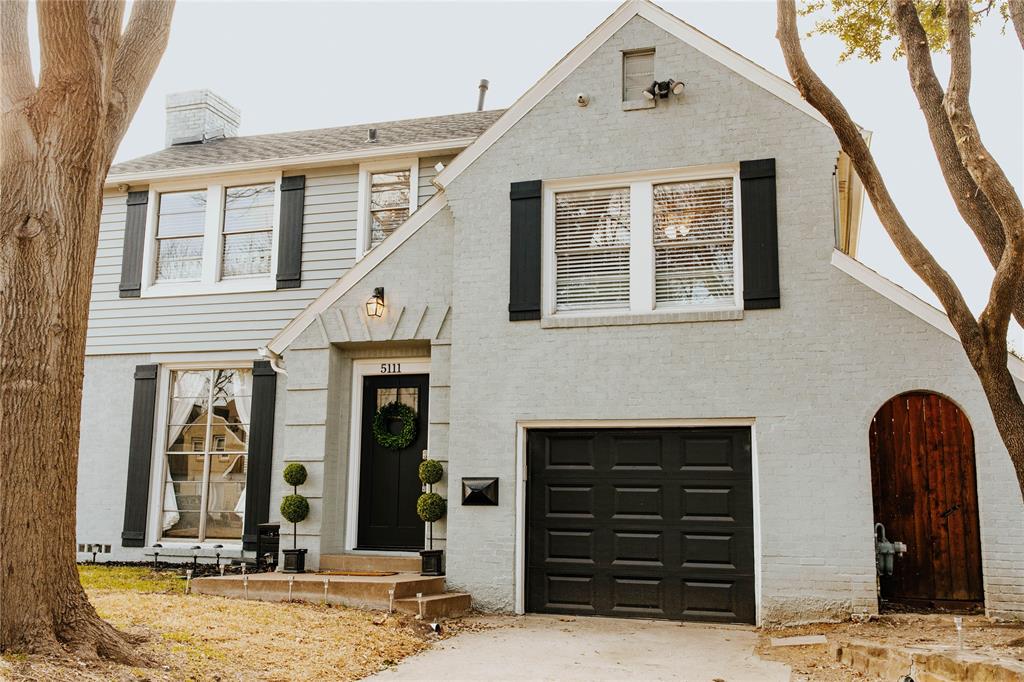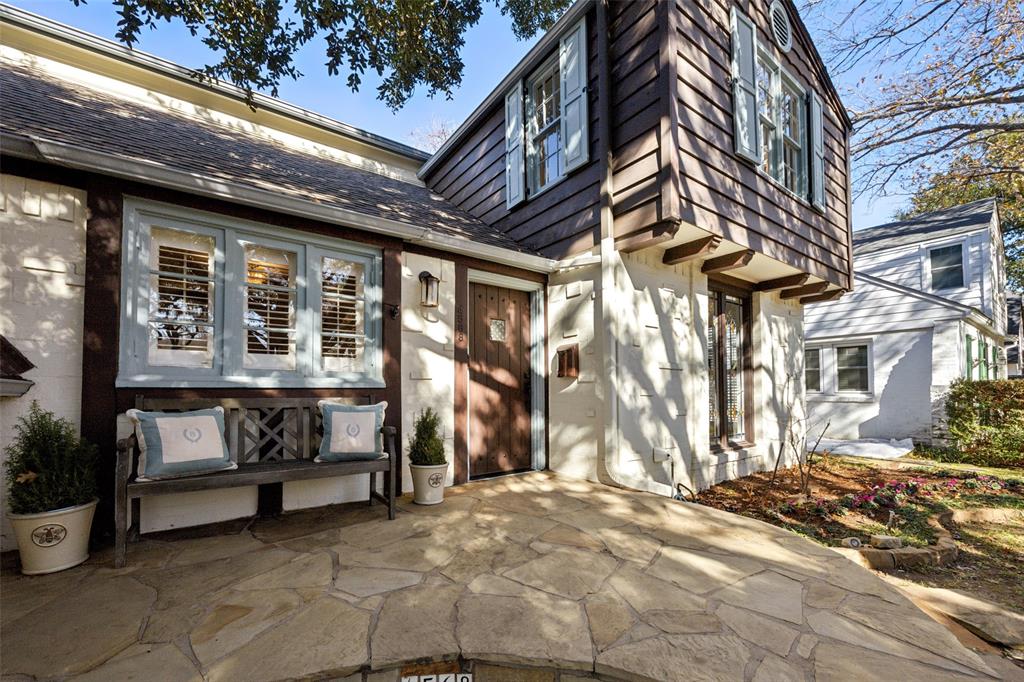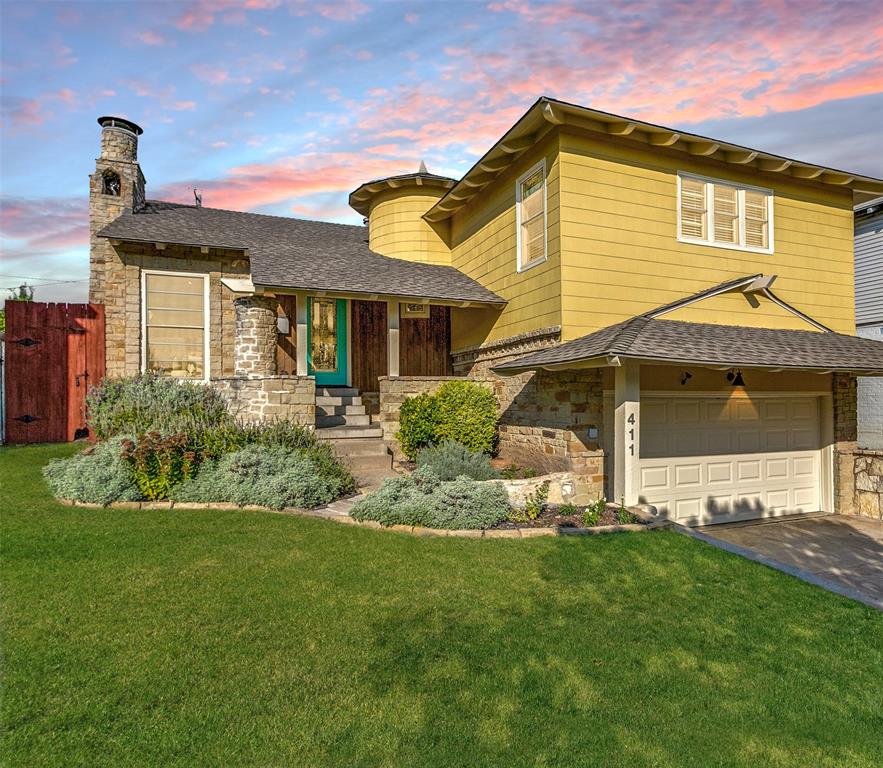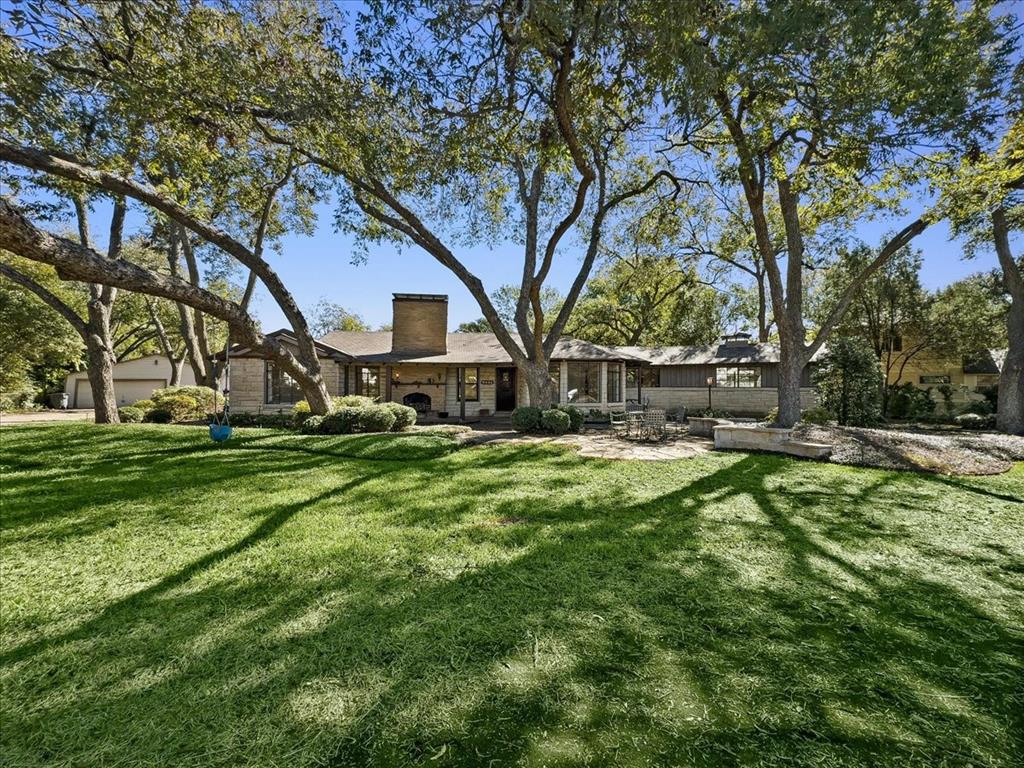Charles S. Dilbeck, Dallas Architect




Past Dallas and Texas Architect
Charles Dilbeck was born in 1907 in Fort Smith, Arkansas. At an early age he worked in Tulsa creating and adapting plans for builders and developers. His experience as a lumberyard architect contributed to his use and prominent displays of rough and refined woods and handcrafted details. Usually referred to as a romantic and eccentric architect, he took credit for designing the first Texas ranch house.
While Texas homes are usually attributed to David Williams and O’Neil Ford, Dilbeck was simultaneously designing these homes with fireplaces in the screened-in porches, hand-carved mantles, hammered metal work, herringbone patterned plank ceilings, oversized fireplaces and floor plans to capture the southeastern breezes in the summer. Part of his genius was to create comparable volumes regardless of the space of the room. As a result, small rooms would have soaring ceilings while large rooms could afford more traditional ceiling heights. Dilbeck has captured the imagination of Dallas with his prolific work that includes dozens of small idiosyncratic houses to large estate homes that personify his design and characteristic.
Find a Charles S. Dilbeck Architect Designed Home for Sale
Douglas Newby specializes in selling architect designed homes off-market that are not in MLS. Retain Douglas Newby to help you purchase a Charles S. Dilbeck designed home off-market. Also Contact Douglas Newby to represent you for purchasing a Charles S. Dilbeck designed home that is in MLS.
Example of Homes Architect Charles S. Dilbeck Designed
410 North Montreal Avenue, Dallas, Texas

This Charles Dilbeck designed home has been meticulously renovated and restored honoring the detail and charm of the architect.
6843 Lorna Lane, Dallas, Texas

Luther Sadler designed this home in 1936 in a more streamlined style with its smooth stucco wall surface, its balcony with an emphasis on the horizontal piping for its balustrades and curved corner.
University Park Home on .25 Acres

3819 McFarlin Boulevard, Dallas, Texas
Charles Dilbeck Designed Residence
Charles Dilbeck was a prolific architect, much loved and currently featured at the Meadows Museum’s architecture exhibit Crafting Traditions. This four-bedroom Dilbeck home across the street from Williams Park was designed in 1934 next to another architectural masterpiece, the home designed by David Williams for the mayor of University Park in 1932. Having the best work of Charles Dilbeck and David Williams side by side allows these architectural landmarks to define this period of Dallas and the architectural legacy of each other. Charles Dilbeck introduced indigenous Texas design and materials to Dallas architecture, the same years as David Williams.




Charles Dilbeck has often been characterized as Dallas’ most beloved architect for his design that combines an eccentric interpretation of European eclecticism with the artisanship, honest materials, and straight forward design of Texas modern. This University Park home captures these Dilbeck qualities and expresses them in a profound and compelling way. The entry hall is gracious. The formal rooms are spacious. The large kitchen with a fireplace opens to an expansive informal room lined with windows overlooking the garden.
5310 Park Lane, Dallas, Texas

This is one of the largest homes that Dilbeck originally designed. The other large homes for the most part have been torn down as they were built on several acres lots that have now been replaced by huge estate houses.
4200 Shenandoah Street, Dallas, Texas

This is considered the best home of the famous Dilbeck houses known as the four sisters that occupy the four corners of Shenandoah and Douglas in University Park. Here you see the oversized fireplace, rough hewn woodwork and beamed ceilings.
4144 Shenandoah Street, Dallas, Texas

Designed by Charles Dilbeck in 1934, this eclectic Normandy style 3,400 square foot stone cottage has become the best-known and most loved Dilbeck designed home in Dallas. Dilbeck captured in this home the European charm and Texas idiosyncrasy for which he is famous.
Homes for Sale in MLS Designed by Charles S. Dilbeck
There is currently 1 Charles S. Dilbeck designed home in MLS offered for sale.
 For Your Convenience Download the DougNewby App
For Your Convenience Download the DougNewby App
This DougNewby Significant Homes app reflects his specialization in architecturally significant homes, modern homes, historic homes and estate properties. In addition, this app allows instant access to all MLS listings with high-resolution photographs and full property details that are updated every 18 minutes.
Homes Sold in MLS by Architect Charles S. Dilbeck
See 35 recent examples of homes designed by Charles S. Dilbeck sold in MLS.

